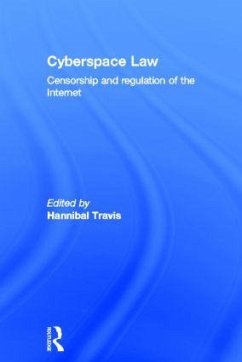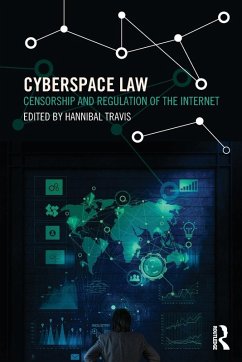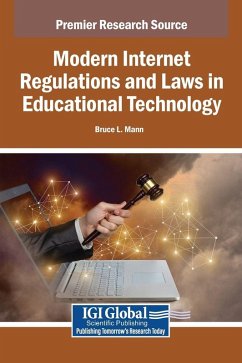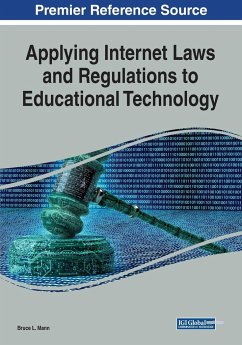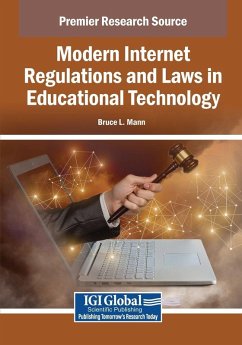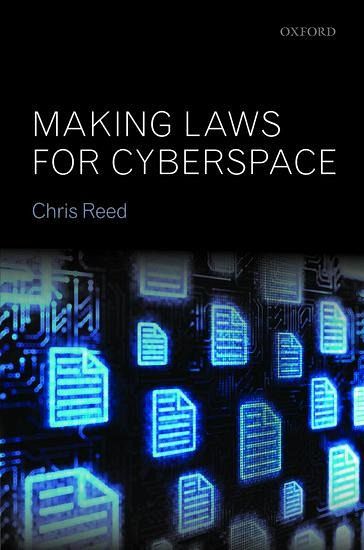
Making Laws for Cyberspace

PAYBACK Punkte
64 °P sammeln!
Providing a scholarly analysis of how to govern and make the right kinds of laws for cyberspace, in this work, Professor Reed investigates the vast majority of cyberspace users who wish to act lawfully and asks whether the current state of law in cyberspace makes it possible for them to do so. If not, why not, and what is the cure? In this book, Professor Reed puts forward a new model for cyberspace laws which focuses on human actions rather than the technology used. Arguing that, in cyberspace, law works primarily through voluntary obedience rather than fear of enforcement, Professor Reed exp...
Providing a scholarly analysis of how to govern and make the right kinds of laws for cyberspace, in this work, Professor Reed investigates the vast majority of cyberspace users who wish to act lawfully and asks whether the current state of law in cyberspace makes it possible for them to do so. If not, why not, and what is the cure? In this book, Professor Reed puts forward a new model for cyberspace laws which focuses on human actions rather than the technology used. Arguing that, in cyberspace, law works primarily through voluntary obedience rather than fear of enforcement, Professor Reed explains his thoughtful and controversial new viewpoint as to how cyberspace laws should be devised and re-opens the debate as to the value of law for regulating cyberspace and how best to influence the behaviour of cyberspace actors. The only text to comprehensively analyse European cyberspace lawmaking, this book provides a new perspective to the debate about the proper shape and scope of internet laws.




